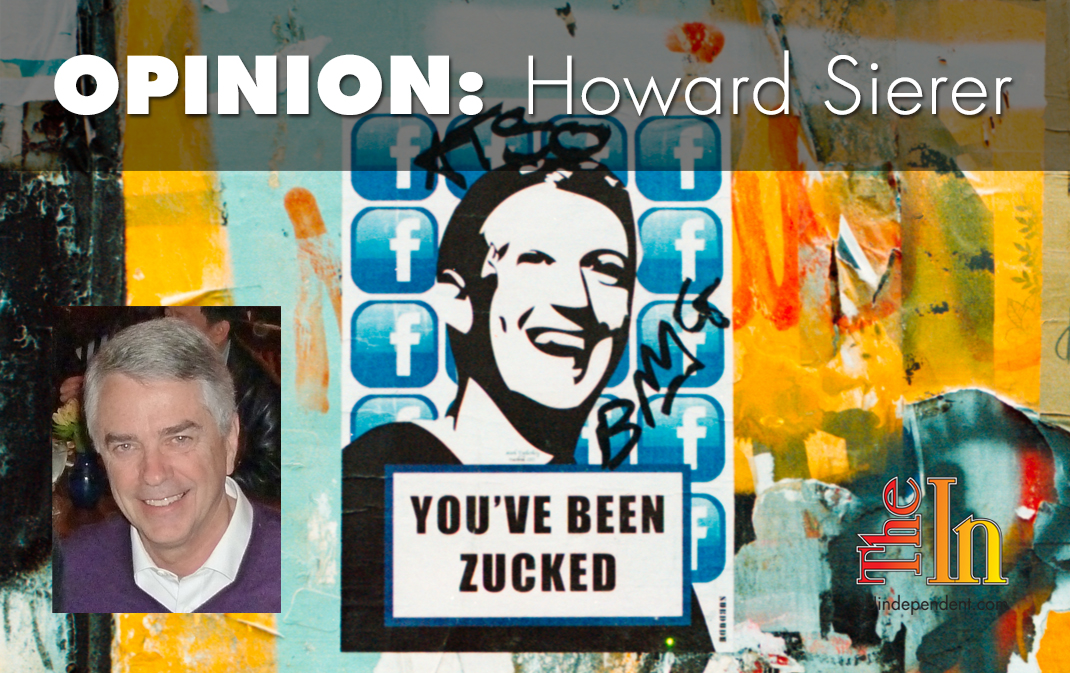
Facebook addresses its anti-conservative bias
Facebook had the good business sense to acknowledge that it has been biased against conservatives. It addressed the issue by hiring an outside law firm to look into conservative complaints. The firm’s findings describe the bias issue and the initial steps Facebook is taking to ameliorate the problem.
These actions are in stark contrast to Google’s CEO, who blithely testified before Congress that his firm’s search results are completely unbiased in spite of well-documented evidence to the contrary. I’m reminded of Groucho Marx’s famous quip, “Who’re you going to believe, me or your own eyes?”
Former Senator Jon Kyl, an Arizona Republican and now a law firm partner, headed the Facebook review. Describing his findings in an interim report, Kyl wrote, “From the Ivy League to Hollywood and the mainstream media, Americans with traditional morals or conservative politics have often felt excluded from the country’s elite, culture-creating institutions.”
An oft-cited example: Facebook’s now-discontinued “trending” section was larded almost exclusively with favorable coverage of Hillary Clinton’s campaign during the 2016 election cycle.
Conservatives complained about the subjective, ever-changing nature of Facebook’s “community standards.” For example, one person’s “hate speech” is another’s “telling it like it is.”
Kyl’s report noted the lack of “workplace viewpoint diversity” among staff and management. As a result, Facebook’s censorship of content that violated community standards resulted in a “disproportionate censoring of conservatives.”
Kyl notes with some satisfaction that Facebook has made changes in response to his team’s findings:
—Facebook has installed transparency tools that explain to users why they see certain content on their news feeds.
—The company has enabled page managers to see when their content has been removed for violating community standards or when distribution of a post has been reduced because a fact-checker gave it a “false” rating.
—Facebook announced plans for an oversight board to hear content-removal appeals. Kyl hopes the board will be “structured to reflect accurately the diverse ideological and religious views of Facebook’s user base.”
—To avoid incorrectly branding ads as “political,” Facebook now refers instead to ads “about social issues, elections or politics.”
—Facebook has changed its ad policies to make it easier to promote certain pro-life ads with pictures of premature babies.
The bulk of Kyl’s report is based on interviews with 133 conservatives from “organizations focused on Christian values or protecting free expression to those focused on tax policy and small government. [His team] identified individuals, groups and lawmakers who either use, study or could potentially regulate Facebook.”
Reflecting today’s intense partisanship, Kyl’s report has been attacked from both right and left. From the right, critics complain that relying on interviews failed to delve into the inner workings of Facebook’s algorithms and how biased employees poison the waters. From the left, civil rights advocates call it a “smokescreen” and “pandering” to conservatives.
So will these steps eliminate anti-conservative bias at Facebook? No. But they are a step in the right direction (pun intended) for a company that’s been under the gun both in Congress and the media.
I’m willing to see how Facebook performs in the contentious 14 months leading up to the 2020 elections. Will there be a lot of accusations from both sides? You bet.
This expected firestorm of criticism will reflect just how important and pervasive social media has become, impacting everything from politics to the self-image of teenage girls.
The viewpoints expressed above are those of the author and do not necessarily reflect those of The Independent.
How to submit an article, guest opinion piece, or letter to the editor to The Independent
Do you have something to say? Want your voice to be heard by thousands of readers? Send The Independent your letter to the editor or guest opinion piece. All submissions will be considered for publication by our editorial staff. If your letter or editorial is accepted, it will run on suindependent.com, and we’ll promote it through all of our social media channels. We may even decide to include it in our monthly print edition. Just follow our simple submission guidelines and make your voice heard:
—Submissions should be between 300 and 1,500 words.
—Submissions must be sent to editor@infowest.com as a .doc, .docx, .txt, or .rtf file.
—The subject line of the email containing your submission should read “Letter to the editor.”
—Attach your name to both the email and the document file (we don’t run anonymous letters).
—If you have a photo or image you’d like us to use and it’s in .jpg format, at least 1200 X 754 pixels large, and your intellectual property (you own the copyright), feel free to attach it as well, though we reserve the right to choose a different image.
—If you are on Twitter and would like a shout-out when your piece or letter is published, include that in your correspondence and we’ll give you a mention at the time of publication.



